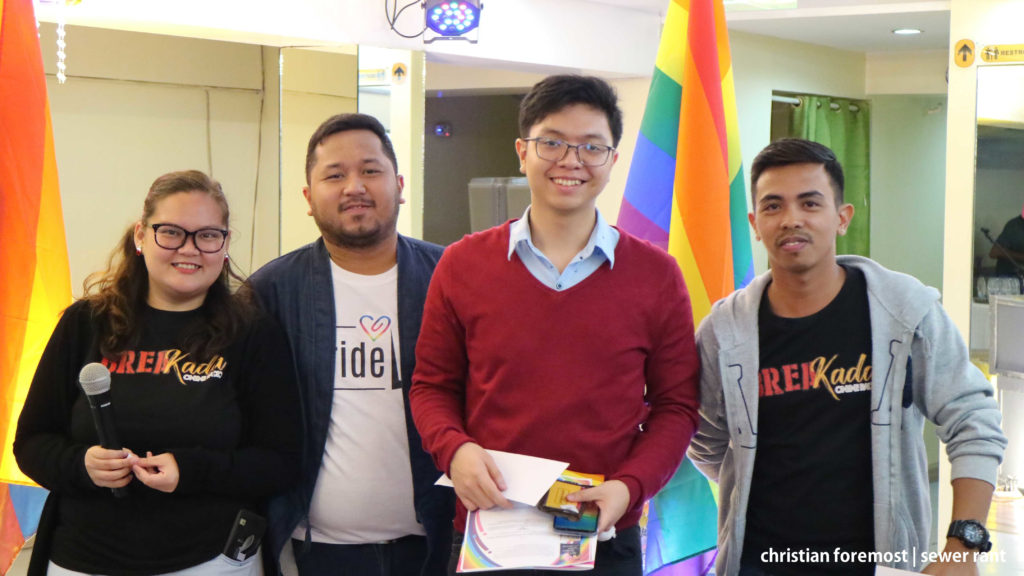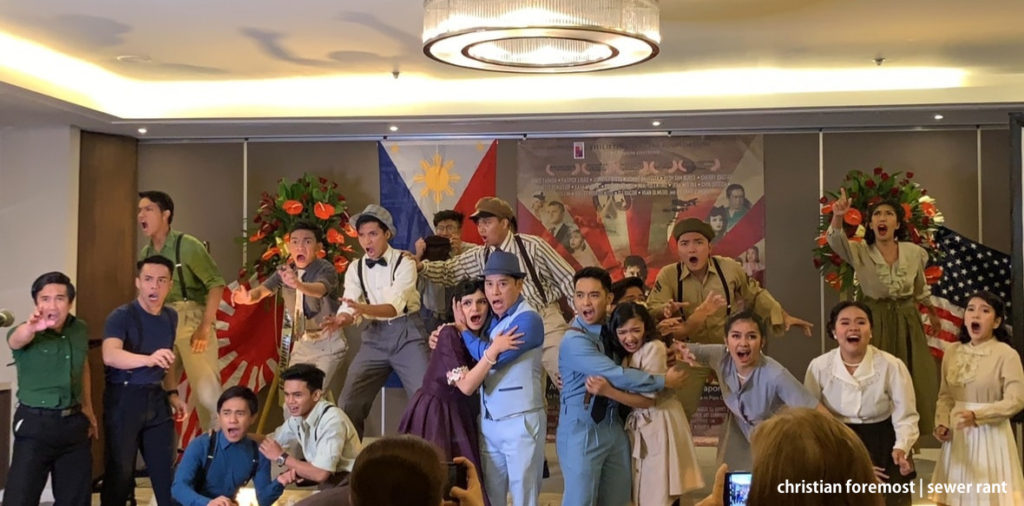Written by Clemente Factor
The foregoing development of technologies brought by globalization had far surpassed the power to communicate beyond borders, developed informative medium to access information and had a bolder connectedness among other ethnicity. Global migration is a prevalent situation, whereas people opt to move into foreign countries less commonly to seek for a job or neither settle for good. Moreover, developing countries are the ones who mostly partake in global migration, and on the other hand, developed countries set programs employing foreign workers to build and promote a career relations between countries.
Japan is known for being a monoculture and monolingual. Therefore, it is arduous for them to initiate and merge with other racial and cultural diversities among other countries. The Japan Exchange and Teaching or JET programme is set to enhance mutual understanding between the people of Japan and other nations. With this regard, it strives to promote internationalism in local communities of Japan by assisting to improve foreign language education.
The ALT’s or the Assistant Language Teachers consisting multiracial and multilingual individuals from different countries were set to be the helping hand of Japan in enhancing and developing its foreign language education. However, by due to a monolingual and monoculture of Japan localities, ALT’s encountered struggles in adaptation and in the educational competency of Japan’s learning system.
According to Dr. Shieba Magno-de Gula, problems encountered with the students in Japan was the primary factor that implicates struggles among Filipino and Non-Filipino ALT’s. Moreover, the adaptation of Japanese culture is a second formidable struggle that ALT’s encountered while teaching in Japan.
Furthermore, these ALT’s personally had an interest in entering the JET programme for the reason of personal and professional experience and the interest in Japanese culture. However, the adaptation leaded to mere misunderstanding between ALT’s and Japanese environment particularly in teaching English language to Japanese students.
In the study of Dr. Magno-de Gula, among the Filipino and Non-Filipino ALT’s, there are significant differences between their struggles. Filipino ALT’s are more likely to overcome those challenges in pursuing English language education among the Japanese students. Additionally, according to Torres (2014 as cited by Barrie, 2004) model of employability, the Overseas Filipino Workers (OFW’s) may be considered global citizens and lifelong learners because it is apparent that they pursue to make a meaningful impact on the country they work and live in by continuously learning about its people culture to comprehend and value their roles in the workplace.
In conclusion to the successes and struggles underlying on ALT’s experience in entering the JET programme, the interest in Japanese culture and the personal and professional experience set the success of an ALT. Having the interest of knowing the Japanese culture and setting a professional and personal experience are the reasons of success of the teaching aspect of an ALT.
In contrary, the reasons of struggles of the ALT’s are language barriers, cultural differences and in addressing situations on the JET faculties for service developments. It is arduous for ALT’s to teach monolingual students in learning the English language, especially it is distinct to the regular learning style of Japan. Moreover, addressing misbehavior of the students detrimentally contributes to the struggles of the ALT’s.
The Philippines is one of the developing country that partakes in global migration. The country sends Overseas Filipino Workers to the employing countries that are in need of various workers for economic foundations. Thus, the Philippines might experience losses in a short period but gains in a long run. This is how the global migration support each country to maintain economic sustainability.
Dr. Renan Kasilag a Ph.D in Sociology graduate of De La Salle University, presented the study of Health-Seeking Behavior of Overseas Filipino Workers (OFWs) in Singapore: Retest of Social Capital Theory and Theory of Planned Behavior. Social Capital is frequently expounded in the framework of socio-economic development and not in health seeking behavior. Social capital had included the emotional support, trust and the tangible resources of the worker.
The study concludes the significant relationship between social capital and health-seeking behavior. The role of social capital and planned behavior in determining the health-seeking behavior of Overseas Filipino Workers are very essential according to the findings.
Moreover, it is crucial to secure the worker’s benefits in migrating and working in other countries. As part of the growing interconnectedness of the countries globally, globalization had expanded its range into political, cultural, racial, and much more in the economical aspect of the society. Thus, this process had caused gains and losses among developing countries like Philippines.
About the Author



